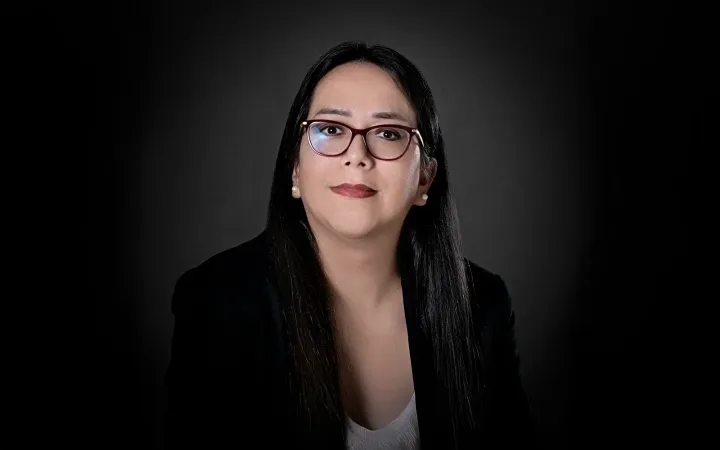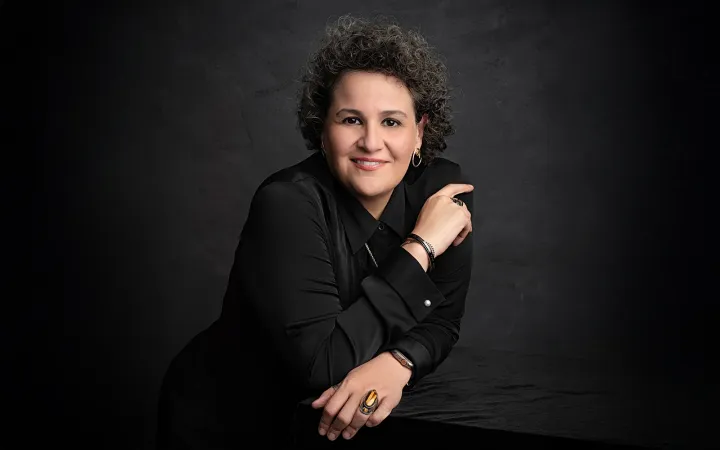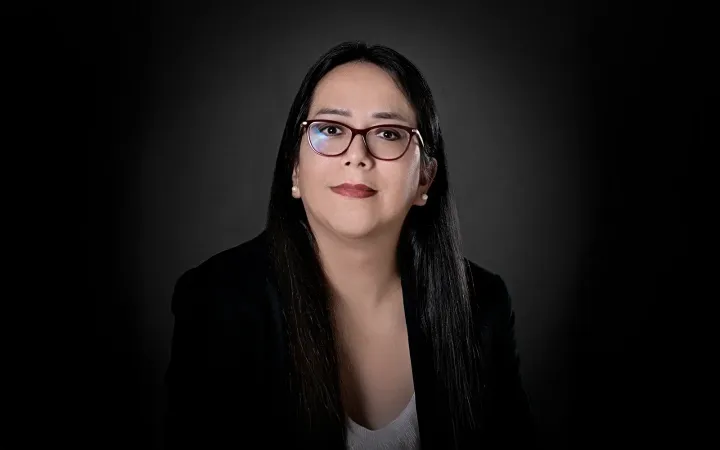
Por Sofía Pacheco Niño de Rivera

Intentar explicar el conflicto Israel-Palestina en unas cuantas líneas resulta tan difícil como encontrar una aguja en un pajar. Existen tantas causas intrínsecas a él que podría atreverme a decir que es el conflicto más complejo que ha vivido la región del Medio Oriente. Su propia complejidad ha hecho que se sumen a él múltiples actores en una especie de efecto “bola de nieve”, y así es como llegamos a la situación que vivimos hoy en día la cual ni siquiera fue propiciada por judíos o palestinos, sino por la organización terrorista Hamás, que a pesar de no representar los intereses del pueblo palestino tiene dentro de sus principios fundacionales la destrucción del pueblo judío, y logró este sábado emprender uno de los ataques mas crudos y de mayor escala que hemos visto jamás en Israel.
El factor sorpresa de los ataques provocó que Israel tardara en reaccionar con un plan de contingencia y que la toma de rehenes así como el envío de misiles causaran un daño enorme al territorio y a civiles en Israel.
En meses recientes, Israel había atravesado un periodo de turbulencia política, mientras que seguía batallando con retos de identidad y un modelo de gobierno dividido entre una cúpula de gobierno más liberal que ha adoptado valores occidentales y un grupo más conservador que opta por políticas religiosas ultranacionalistas. Durante el verano el país vivió protestas que amenazaban al gobierno del primer ministro, Benjamín Netanyahu, y a la vida democrática del país. Todo parecía ir tomando mejor rumbo hasta que este sábado declarara la guerra tras el envío de casi 3 mil misiles e infiltraciones en tierra del grupo terrorista Hamás.
Israel podrá contar con uno de los ejércitos más capacitados del mundo, uno de los mayores arsenales armamentísticos a nivel mundial y una gran deuda pendiente con Hamás. Sin embargo, políticamente no cuenta con la solidez para enfrentar una guerra. Aún ahora el país tiene disfuncionalidades en su gabinete. No hay claridad en cuanto a las coaliciones que lo dirigen ni un liderazgo robusto que unifique al país.
Las alianzas en el gobierno a nivel judicial no solo han dejado a la sociedad israelí sumamente dividida, algo de lo que el grupo Hamás fue plenamente consciente, sino que además su apoyo activo a los grupos extremistas que alborotan Cisjordania y Jerusalén ha hecho que el Ejército o las Fuerzas de Defensa se desvíen para protegerlos. Esto sin lugar a duda es una de las explicaciones de los puestos de guardia vacíos y las casi nulas líneas de defensa en las zonas aledañas a Gaza, que inevitablemente afectaron la capacidad de responder a los ataques y evitar la infiltración de terroristas.
Así es cómo a pesar de que los ataques del sábado contra Israel entrañan niveles de planificación, orquestación y audacia que indican que llevaban tiempo preparándose, los fallos en la defensa nacional de Israel son un hecho que preocupa ante la guerra que acaban de comenzar.
El sistema de seguridad israelí siempre ha operado bajo el principio de la disuasión poniendo de manifiesto que son una de las grandes potencias militares y de inteligencia a nivel mundial. Sin embargo, las grietas en los sistemas de seguridad hacen que su reputación quede en entredicho y la imagen gubernamental muy debilitada.
Es hora de que Israel se enfoque en solucionar estos déficits en sus sistemas de defensa, ya que seguramente el conflicto involucrará a más de un enemigo bélico, ya sea por un recrudecimiento de la violencia en Cisjordania o porque Hezbolá decida unirse a la guerra desde el Líbano, con consecuencias aún más peligrosas.
*Sofía Pacheco Niño de Rivera es Licenciada en Relaciones Internacionales. Se graduó de la Universidad Iberoamericana y se especializó en derecho internacional y comercio exterior. Durante su carrera ha trabajado en la Secretaría de Relaciones Exteriores, y se desempeñó como Directora de Asuntos Internacionales y Normalización en la Secretaría de Economía. Durante su paso por el Gobierno también fungió como Parlamentaria en el Congreso de la Ciudad de México para la Comisión de equidad de género.
Las opiniones expresadas son responsabilidad de sus autoras y son absolutamente independientes a la postura y línea editorial de Opinión 51.
Más de 150 opiniones a través de 100 columnistas te esperan por menos de un libro al mes.






Comments ()